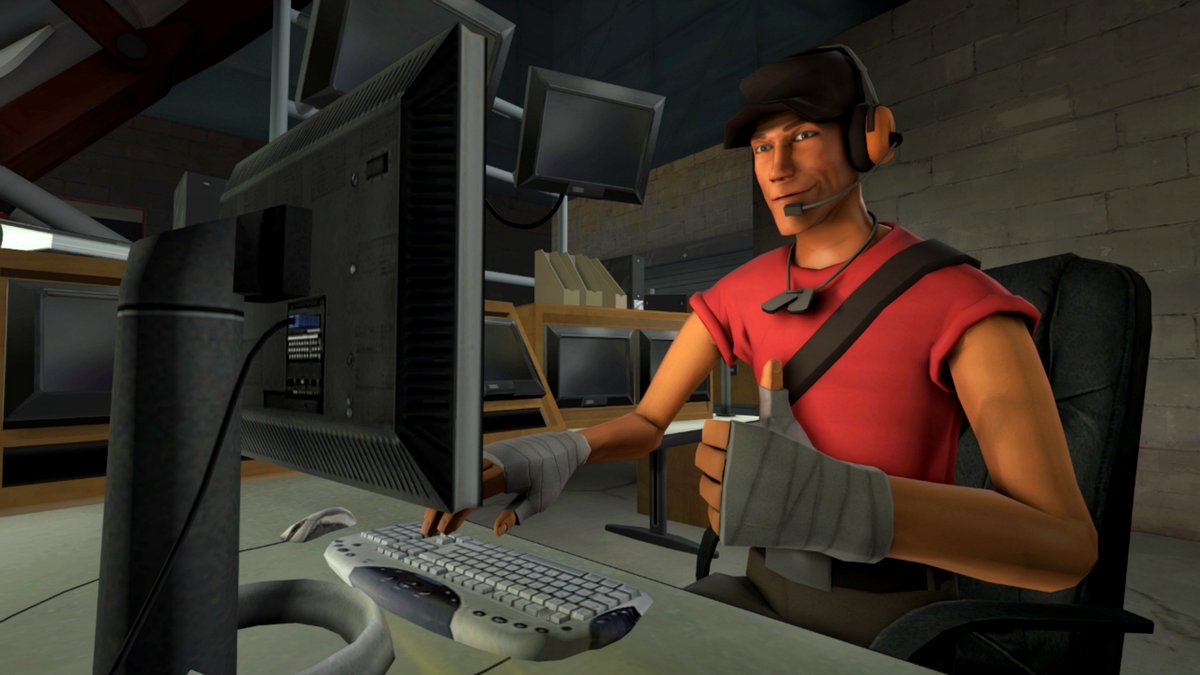Embark Studios' continued commitment to Linux and Steam Deck compatibility for THE FINALS establishes a new paradigm for multiplayer game support on alternative platforms. The developer's repeated assurances of maintaining Proton compatibility, despite implementing kernel-level anti-cheat systems that typically block Linux users, signals a significant shift in how major online titles approach platform inclusivity.
Breaking Traditional Anti-Cheat Barriers
The implementation of kernel-level anti-cheat traditionally marks the end of Linux compatibility for online games. Major titles from publishers like EA, Riot Games, and Epic have systematically blocked Linux users when deploying such systems. Embark Studios' approach directly challenges this precedent by actively working with external partners to ensure Proton compatibility remains intact before shipping updates.
This technical achievement requires deliberate engineering effort. Kernel-level anti-cheat systems operate at the deepest levels of the operating system, where Linux's architecture fundamentally differs from Windows. Maintaining compatibility demands additional testing resources and coordination with Valve's Proton team, representing real financial investment in a platform the studio doesn't officially support.
Reactive Support Model Emerges
THE FINALS' Linux support operates through a unique reactive model where game updates frequently break compatibility, followed by rapid Proton Hotfix deployments from Valve. This pattern, while imperfect, establishes a functional framework for maintaining playability on Steam Deck and Linux systems. The January 2025 Proton Hotfix update exemplifies this cycle, restoring functionality after recent game patches disrupted compatibility.
This support structure differs fundamentally from native Linux development or official platform support. Instead, it represents a middle ground where developers commit to not actively blocking alternative platforms while acknowledging they cannot guarantee seamless functionality. The distinction between "unsupported but functional" and "actively blocked" proves critical for the Linux gaming ecosystem's growth.
Market Forces Drive Platform Inclusivity
Embark Studios' stance reflects broader market dynamics where Steam Deck's success influences developer decisions. The handheld's verified library and growing user base create tangible incentives for maintaining compatibility, even without official support commitments. Studios increasingly recognize that actively blocking Linux users means excluding Steam Deck owners—a demographic with demonstrated purchasing power and engagement.
The developer's transparency about testing across all platforms and coordinating with partners before patches indicates systematic consideration of Linux compatibility in their development pipeline. This proactive approach, despite lacking official support status, suggests market pressures are reshaping how multiplayer game developers view platform exclusivity. The era of reflexively blocking Linux users through anti-cheat implementation may be ending as Steam Deck normalizes alternative platform gaming.
Sources
- GamingOnLinux: "THE FINALS devs confirm (again) continued compatibility for Linux / Steam Deck with Proton by Liam Dawe"
- PC Gamer: "'There are no plans to drop support for SteamOS': The Finals devs commit to Steam Deck and Linux players despite new kernel-level anti-cheat by PC Gamer Staff"
- Steam Deck HQ: "Proton Hotfix Update Fixes THE FINALS on Steam Deck by Noah Kupetsky"
Note: All sources have been verified for accuracy and editorial standards compliance.
